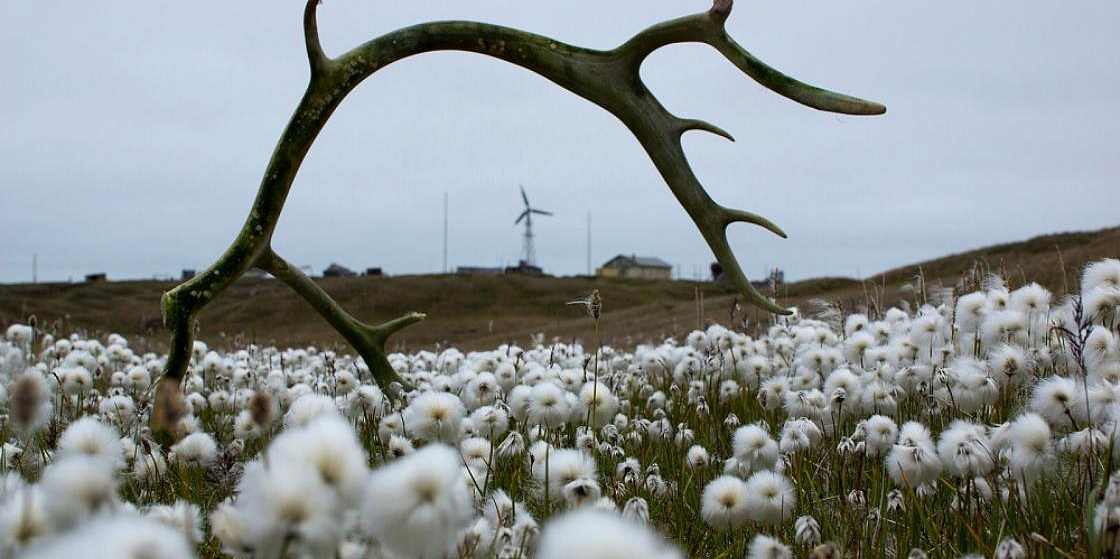
Photo: Deshevyukh Dmitriy/GeoPhoto.ru
Top Arctic stories of the week, 25 -- 29 October 2021
Below is a recap of this week’s posts by Alexander Stotskiy (CEO, Project Office for Arctic Development) analyzing major international, national and regional events and trends in the Arctic.
Barents Euro-Arctic Council outlines priorities for the future
The 18th Ministerial Meeting of the Barents Euro-Arctic Council (BEAC), an intergovernmental forum for cooperation on issues concerning the Barents region, was held in Tromsø, Norway. The Joint Declaration based on the meeting results was signed by the BEAC permanent members to determine the Council’s key priorities and directions in such fields as economy, transportation, logistics, infrastructure, environment and indigenous affairs. Read more…A year passed since adoption of Strategy 2035
A year ago, Russia’s strategy in the Arctic was announced. In accordance with the document, a preferential economic regime was introduced in the Russian Arctic to open the way for developing new projects in the region. The Far East and Arctic Ministry gave an overview of the results achieved in the Russian High North in the course of the year. Read more…Top Russian low-carbon projects mapped for investors
The Industry and Trade Ministry has published an atlas mapping all Russia’s top low-carbon or zero-carbon fuel projects. 33 such projects are being or will be implemented in 18 regions across Russia, including in the Arctic. Among leaders are Obsky Gas Chemistry with a yearly output of some 2.2 million tons of ammonia to be constructed by Novatek in Yamal and an electrolytic water splitter in Arkhangelsk Oblast, which is expected to produce about 1 million tons of green hydrogen per year. Read more…Federal official talks about challenges and prospects of geological exploration in Russia
Exploration and mining for natural resources is one of the top sectors of both the Russian economy and that of the Russian Arctic. In this light, the importance of coordinated and systematic efforts to explore new mineral deposits and ensure reserve replacement can hardly be overestimated. In recent years, new challenges arose in the industry, making the latter to reform by adopting new approaches and ways of working. Read more…More SMEs will gain access to Arctic benefits
The Government made it easier for small and medium-sized businesses to apply for a status of a resident in the Russian Arctic’s special economic zone. By its ordinance adopted on 20 October 2021, it approved the list of areas where SMEs are exempt from the requirement to invest into immovable property to become a resident. Overall, the list includes 58 areas covering most of the sectors where Arctic-based SMEs operate. Read more…
29 October 2021




